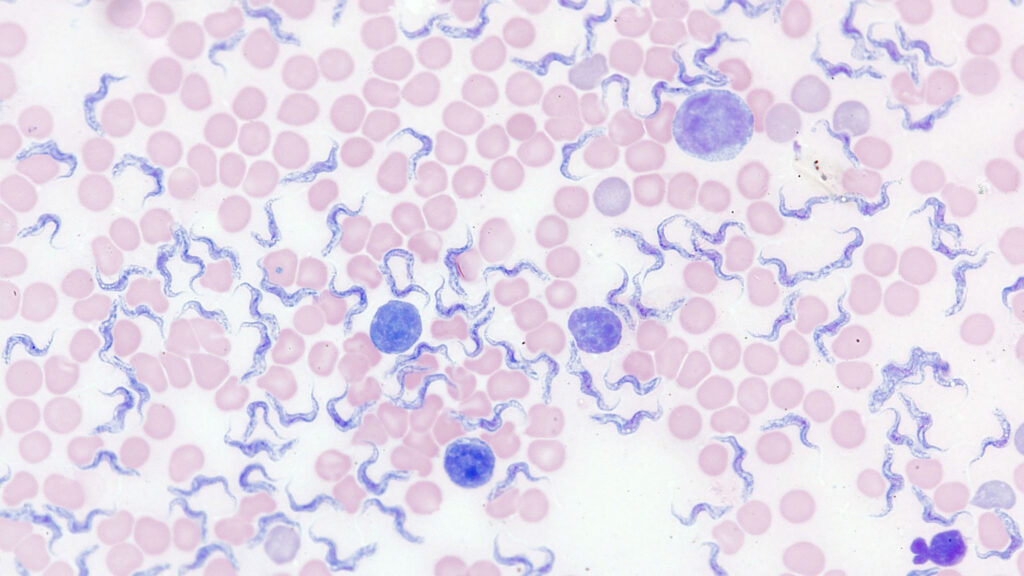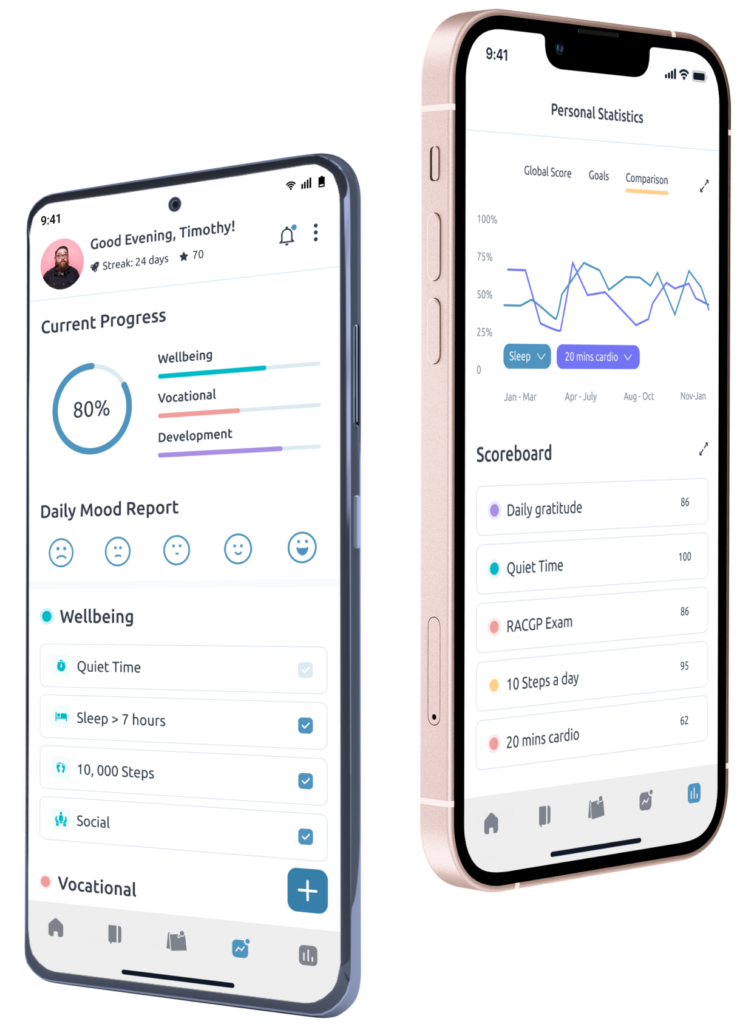Author: Dr Lydia Pitcher, Consultant Haematologist

5 positive aspects of working as a consultant haematologist.
- Diversity of practice and choice of expertise: Haematology training involves developing a deep understanding of both clinical and laboratory analysis (haematopathology) of blood abnormalities. You can choose to focus your career on the treatment of malignant or non-malignant blood disorders, and/or stem cell transplantation. In Australia, there is a wide range of options for working as a Consultant Haematologist in either private or public spheres or both and there are plenty of opportunities for research. Paediatric Haematology training usually involves training in general paediatrics first, and most malignant childhood blood disorders (leukaemia/lymphoma) are managed on trials at a major regional paediatric centre.
- Universality: I tell my patients that your blood is the window to the body, and also that blood never lies! Haematological changes can reflect disease in other organ systems (e.g macrocytosis in liver disease, red cell fragmentation in cardiac valvulopathy) whilst blood disorders can impact many disease processes (e.g. iron overload causing cirrhosis and endocrine failure in thalassaemia). You have many opportunities to collaborate with your colleagues from other disciplines to jointly improve patient care. This makes working in a hospital and in private practice extremely rewarding. And if, for whatever reason, you don’t complete or continue with your training in haematology, what you have learnt will still help your practice in many other fields of medicine.
- Work-life balance: There are relatively few night-time emergencies outside of hospital practice, and most of these involve problem-solving rather than needing to be on-site with the patient. You can also choose to work in a laboratory setting if you prefer more regular, office-like hours and part-time practice is also a feasible option.
- Blood is beautiful! Blood is beautiful to look at under the microscope and is usually clean, sterile, and not radioactive! At the risk of being accused of being a vampire, you really can love blood in all its mystery when you practice haematology. Analysing blood cells in a blood or marrow sample is like snorkelling or scuba diving – look out for different coloured cells in a vast variety of distinctive shapes; some do a lot of good whilst others are pathological and aggressive. The relationships between all the different cells are so intriguing…and don’t get me started on plasma!
- Few surgical procedures: There are still some options for procedural work in haematology – taking marrow samples, and the now less common bone marrow harvest. If you have an allergy to gloves or talc, dread having to wait around in theatres or dislike having to wait for a procedure room to be free, you’ll find these as good reasons to consider a career in haematology!
5 challenging aspects of working as a consultant haematologist
- Long training period and intense competition for training places: It can be quite difficult to obtain a training place in haematology. Many trainees now do a PhD, either in Australia or overseas in an area related to haematology before securing a place on the training programme. If you choose to do both Fellowships, Physician’s Training (RACP) and Haematopathology (RCPA) the time in training will be longer.
- Workplace exposure: You may be exposed to patients with high viral loads (remember the early reports of COVID in oncology patients, staff and families in New York), not to mention multi-resistant bugs, and chemotherapy excretion. This is especially true if you work at a busy metropolitan hospital or look after very immunocompromised patients, including stem cell transplant recipients. If you have small children in your household, you need to be careful not to bring pathogens from them to work, and certainly not to take pathogens home with you either. And if you are pregnant, or planning to conceive, be familiar with the precautions you should take within the clinical environment and the administration and disposal of cytotoxic agents. Lastly, it is intellectually and emotionally challenging, however rewarding, to care for patients as they travel through the different stages of a transplant, undergo intensive therapy for leukaemia/lymphoma and experience serious bleeding due to haemophilia or causes such as thrombocytopenia.
- Need to keep up to date: Haematology, in all its different disciplines, is constantly changing – from the exciting prospect of gene therapy in Haemophilia, to molecularly targeted therapies for malignant disorders to new technologies including artificial intelligence in laboratory testing. The speed of change and improvement in pharmaceutical options for some blood disorders has been breathtaking in recent years. But aside from the extra effort needed to keep up to date, are these things really a disadvantage?
- Focus on Pharma: In the 1940s and 50s, haematology was dominated by blood banking and blood analysis. Then came the protocols for leukaemia management. Then stem cell transplant and now CAR-T-cell technology, an astounding array of newer, targeted “biological therapies” and gene therapy. This means that it is easy to think that haematology is mainly about providing expensive therapies for mostly malignant disorders. But the basic, cheap, and fundamental principles to achieve “good healthy blood” is often overlooked in day-to-day clinical management. How often do we take the time to optimise haematinics when a patient is recovering from cytoreductive therapy or transplant, or correct iron, B12, or vitamin D deficiency in a patient before a major operation? Or accurately monitor haematinics post-operatively to expedite post-operative healing and reduce thrombosis risk?
- Few procedures: This can be an advantage (see point 5 above also!) or a disadvantage. During COVID, my clinical practice continued since much of the work was essential and/or involved thinking and decision-making rather than elective or operative procedures. However, if you prefer more hands-on, tangible medical practice, you may be more suited to a more procedurally oriented specialty.






